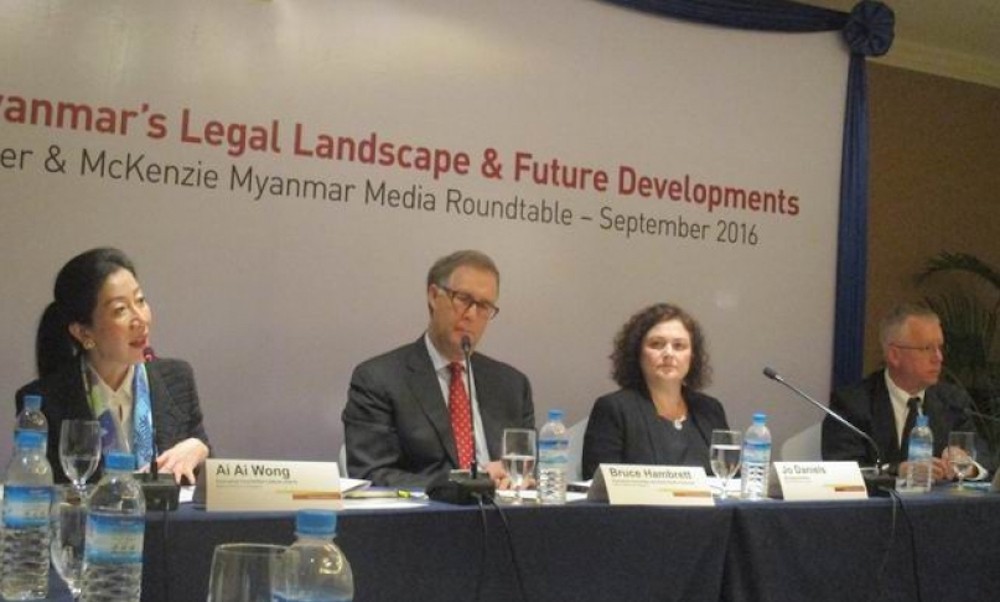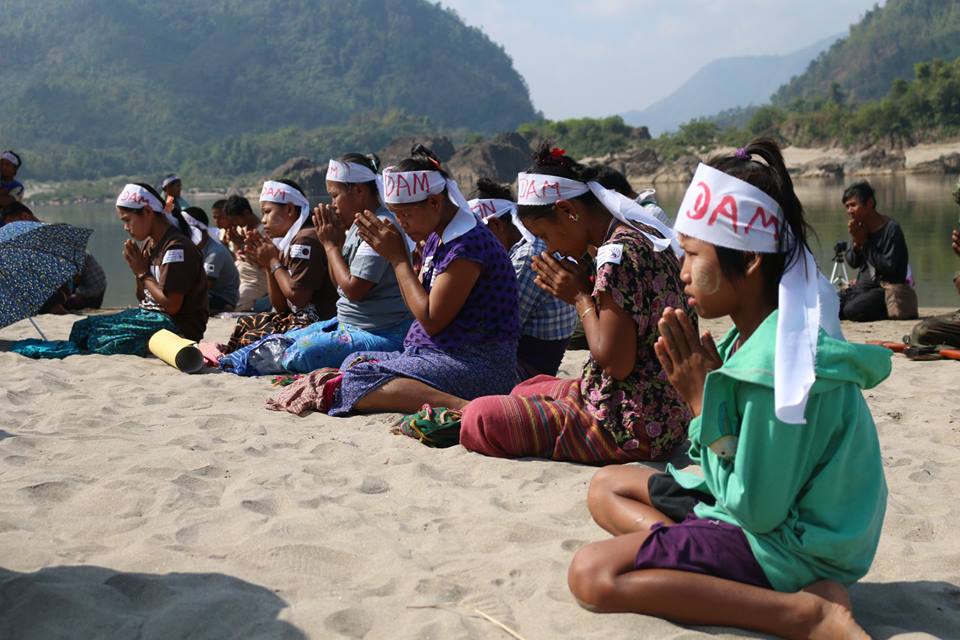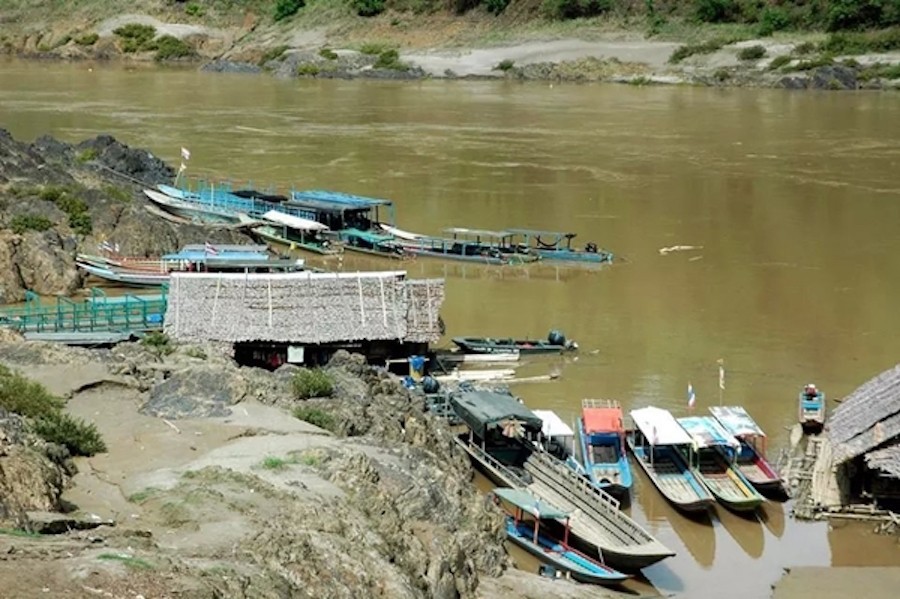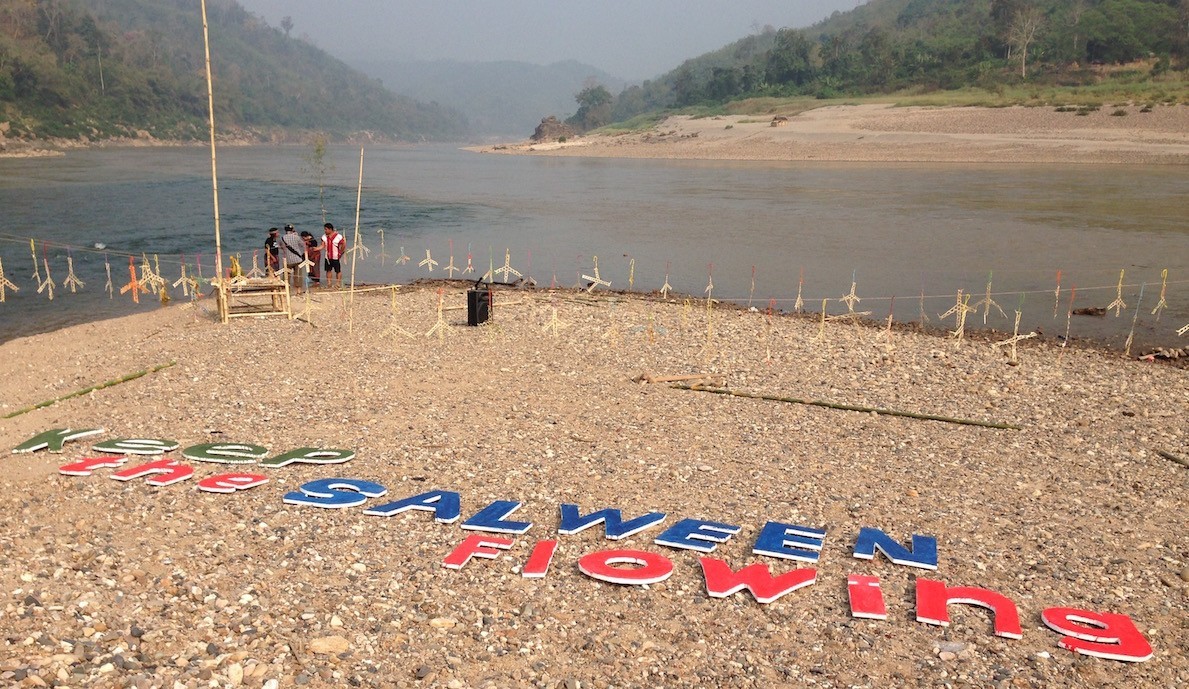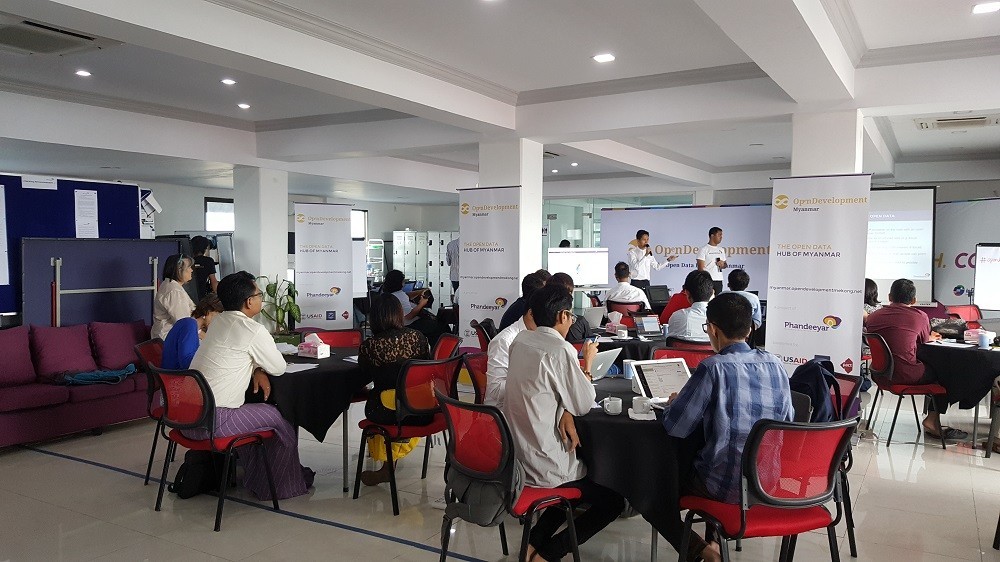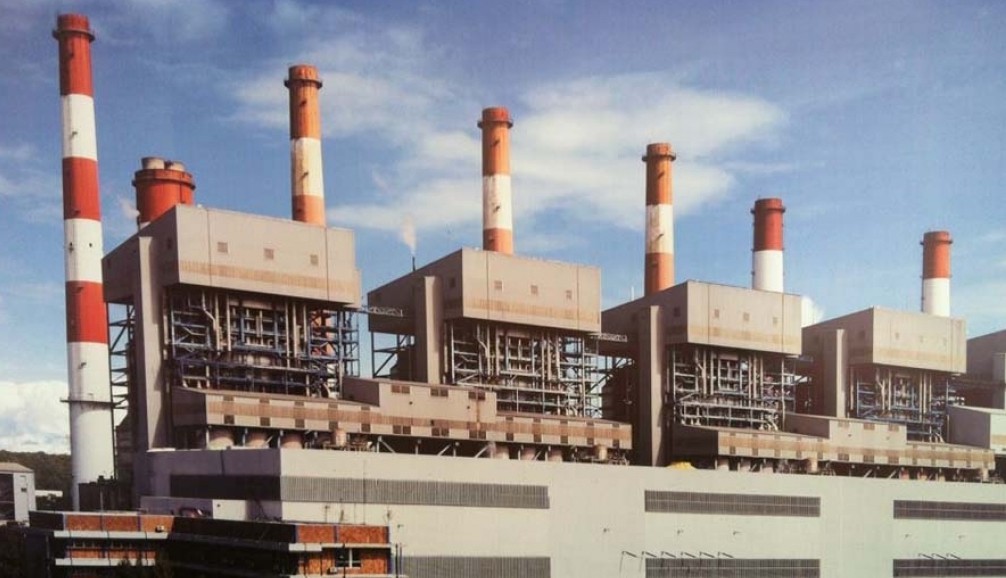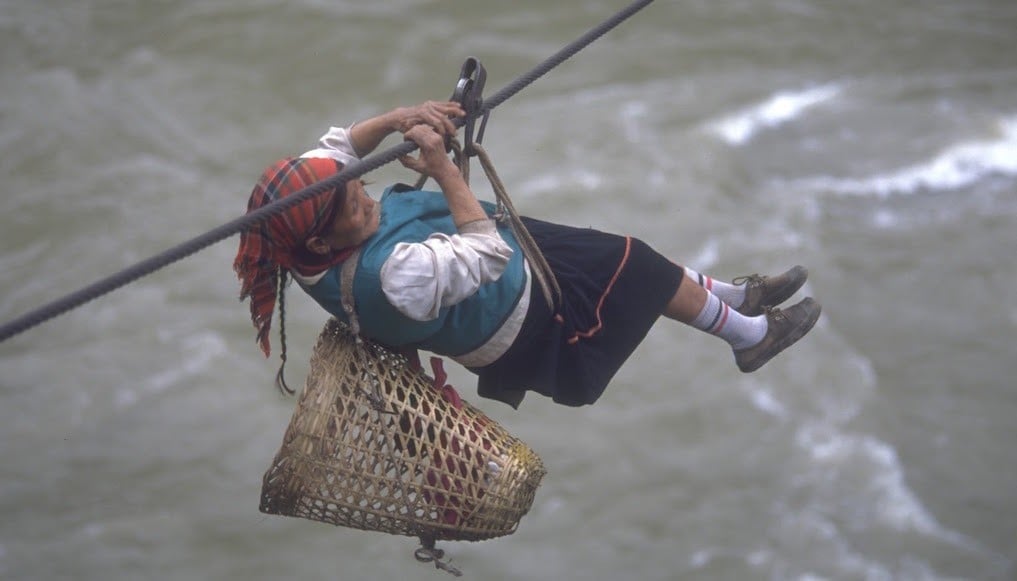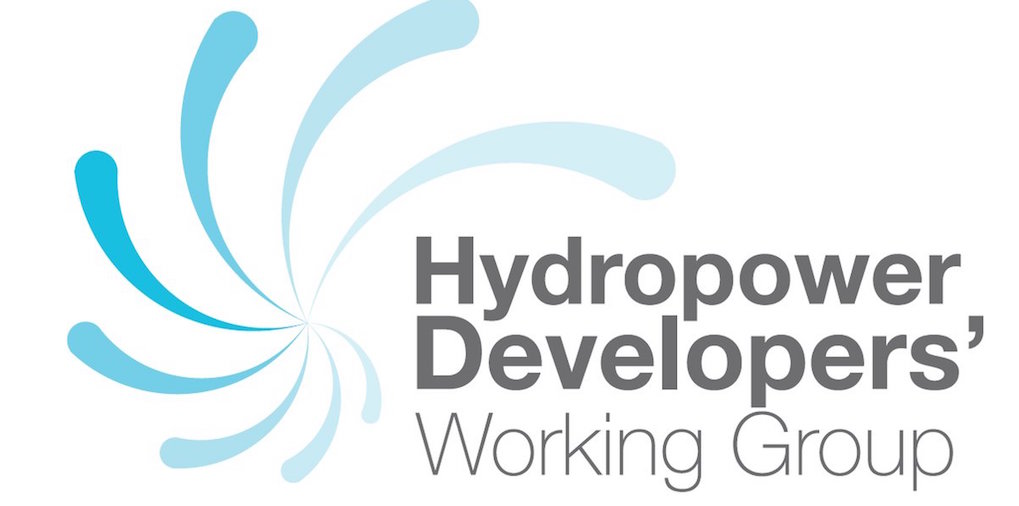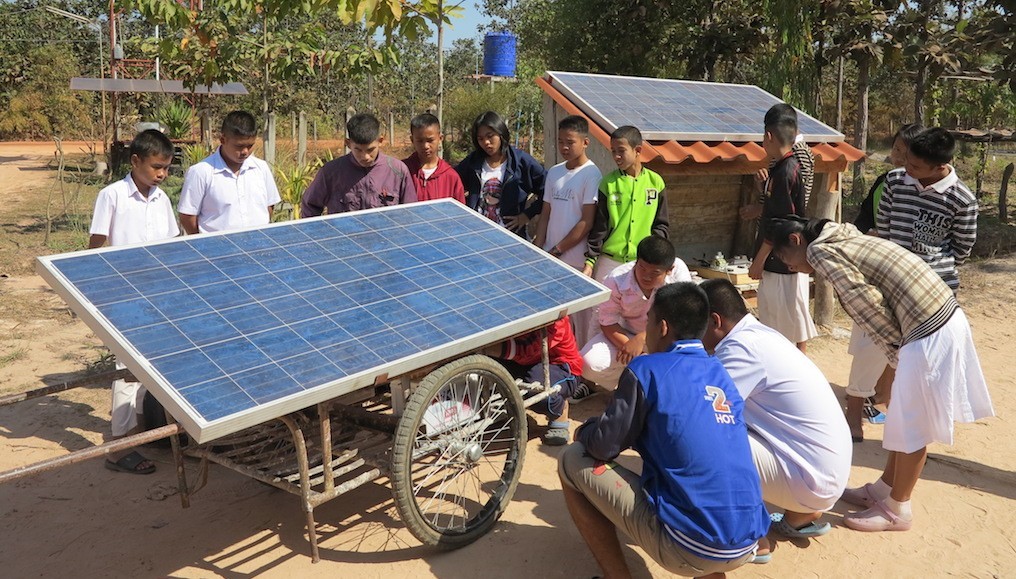The new law, a consolidation of existing Myanmar Citizen Investment Law and the Foreign Investment Law, introduces a new form of approval called MIC Endorsement, in addition to issuing MIC permits.
If a company’s business activities do not fall under one of the restricted categories, it will not require an MIC permit to do business in Myanmar. Instead, they can apply for an MIC endorsement, which will provide the same benefits as an MIC permit such as long-term lease and tax incentives.


